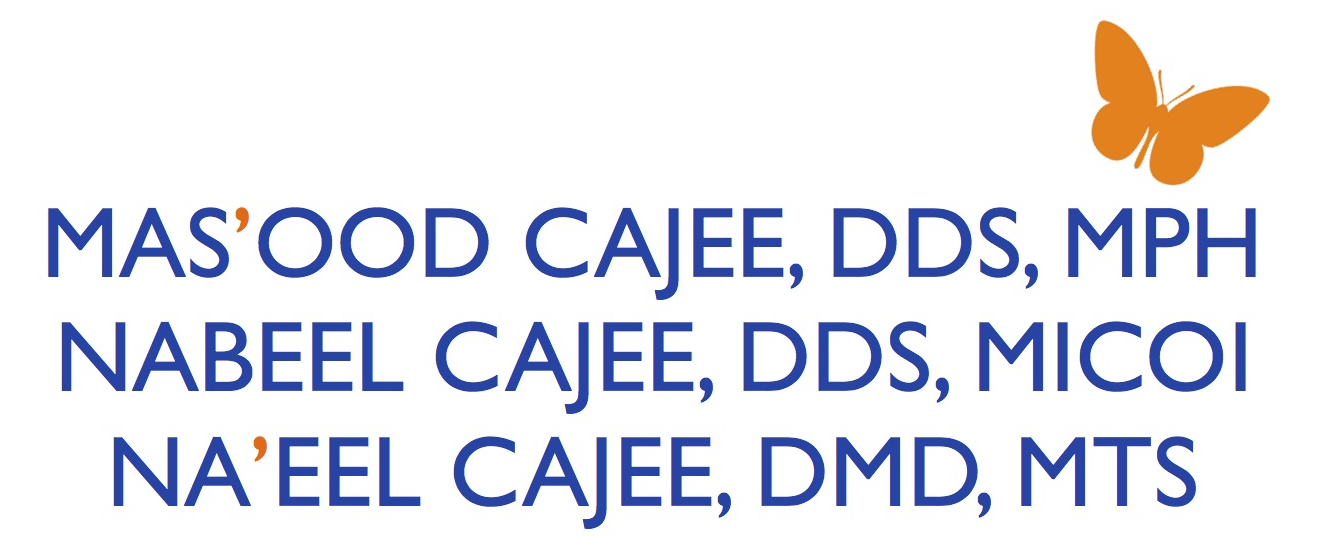The Silent Epidemic: Loneliness Isn't Just Bad for Your Health, It's Deadly
/In a world more interconnected than ever before, the irony is that loneliness has become a pervasive and silent epidemic. Often dismissed as a fleeting emotion or a personal issue, loneliness is now emerging as a critical public health concern with far-reaching consequences. Beyond the emotional toll it takes on individuals, research indicates that loneliness isn't just bad for your health; it's deadly.
Loneliness goes beyond the absence of companionship; it's a deep-seated feeling of disconnection, where one's social interactions fail to meet their fundamental need for meaningful connections. Numerous studies have linked loneliness to a range of physical and mental health issues, including depression, anxiety, and heightened stress levels. However, recent research is uncovering an even more alarming reality: the impact of loneliness on mortality.
A groundbreaking study published in the Proceedings of the National Academy of Sciences revealed that social isolation and loneliness significantly increase the risk of premature death. The study, which analyzed data from over 3.4 million participants, found that lonely individuals had a 26% higher risk of death compared to their socially connected counterparts. To put it bluntly, loneliness isn't just a threat to emotional well-being; it's a formidable risk to life itself.
But how does loneliness become a silent killer? The answer lies in the intricate ways it affects our physiology. Chronic loneliness triggers a stress response in the body, leading to the release of stress hormones like cortisol. Over time, this persistent state of stress can contribute to a range of health issues, from cardiovascular problems to a weakened immune system. Loneliness has been likened to smoking 15 cigarettes a day in terms of its impact on mortality—a staggering revelation that underscores the gravity of the issue.
Moreover, loneliness often leads to unhealthy coping mechanisms, such as overeating, sedentary behavior, and substance abuse. These behaviors can exacerbate existing health conditions and further contribute to the downward spiral of physical well-being. It's a vicious cycle that, once initiated, becomes increasingly challenging to break.
The elderly are particularly vulnerable to the lethal effects of loneliness. As people age, social circles may shrink due to retirement, the loss of friends and family, or physical limitations. A study published in the Archives of Internal Medicine found that socially isolated individuals over the age of 50 had a 59% higher risk of mental and physical decline than their socially engaged counterparts. The implications are profound, highlighting the importance of addressing loneliness as a critical aspect of elderly care.
Recognizing the severity of the issue, health professionals are now calling for a paradigm shift in the way we approach healthcare. The integration of social connectedness into healthcare models is gaining traction, with some healthcare providers incorporating interventions to address loneliness. From social prescribing programs to community engagement initiatives, these approaches aim to not only treat the symptoms but also address the root cause of the loneliness epidemic.
As individuals, it's crucial to recognize the significance of meaningful social connections for our overall well-being. Building and maintaining relationships, fostering a sense of community, and reaching out to those who may be at risk of loneliness are pivotal steps in combating this silent killer. It's time to shatter the stigma surrounding loneliness and prioritize social connectedness as an integral component of a healthy, fulfilling life.
Loneliness isn't just a fleeting emotion or a personal woe; it's a formidable threat to our health and longevity. The evidence is clear: loneliness isn't just bad for your health; it's deadly. As we navigate the complexities of modern life, let's prioritize the connections that sustain us emotionally and physically, recognizing that the power to combat this silent epidemic lies within each of us.





